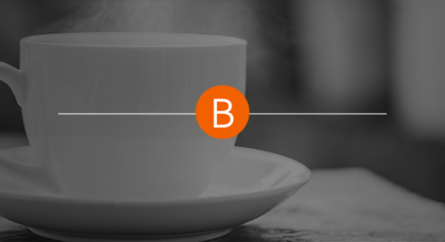Client Alert: Recent Shifts in Wage and Hour Law – Paid Time Off During FMLA Leave and Exempt Employee Status Challenges
January brought two legal updates in the wage and hour space. Read on!
Prohibiting the Mandatory Use of Paid Time Off During Certain FMLA Leaves
On January 14, 2025, the U.S. Department of Labor’s Wage and Hour Division (WHD) issued an opinion letter (the “Opinion Letter”), stating that employers cannot force employees to use paid time off when on leave under both the Family and Medical Leave Act (“FMLA”) and a state or local paid family or medical leave program, such as the Massachusetts Paid Family and Medical Leave Act (“PFML”).
As employers may recall, the FMLA regulations permit employers to require the use of employer-provided paid time off, such as vacation or sick time, for any part of an unpaid FMLA leave. At the same time, employers cannot unilaterally mandate the use of paid time off during a period where employees are receiving disability or workers’ compensation benefits because that period would be paid. The Opinion Letter makes clear that this prohibition extends to state or local paid family or medical leave programs, including but not limited to PFML leave.
This should not change the practice of Massachusetts employers as the PFML already prohibits employers from requiring the use of paid time off during PFML leave, even where it overlaps with FMLA leave. However, employers with employees in other states may find that they need to adjust their policies and practices to comply with this new guidance.
Client Tip: While the Opinion Letter does not have the force of law, employers would be wise to follow this guidance as it signals the WHD’s enforcement position on this topic. Review your leave policies to ensure that you are not requiring the use of paid time off during FMLA leave when it overlaps with leave taken under a state or local paid family or medical leave program.
Adopting a Lower Standard of Proof for Legal Challenges to Exemption Status
On January 15, 2025, the U.S. Supreme Court held that employers do not have to meet a higher standard of proof to show that their employees are exempt from the Fair Labor Standards Act’s (FLSA) minimum wage and overtime requirements.
In this case, EMD Sales Inc. v. Carrera, three sales representatives alleged that their employer, a food distribution company, failed to pay them overtime. The Supreme Court was tasked with deciding which standard of proof applied to the distribution company’s decision to classify the sales representatives as exempt. The options before the Court were “preponderance of the evidence,” a lower standard, and “clear and convincing evidence,” a heightened standard.
The Supreme Court, in a unanimous decision, found that the lower standard, “preponderance of the evidence,” applies in cases challenging the exemption status of an employee.
Client Tip: This is good news for employers, as this standard is a lower hurdle to clear if the exemption status of an employee is challenged. However, employers should not take this as permission to take their foot off the gas. Employers should continue to carefully classify employees and seek legal counsel if they are unsure of which exemption status applies.
If you have any questions, reach out to the authors or your Bowditch attorney to discuss further.
Categorized: Client Alerts, Publications
Tagged In: FMLA, PFML, exempt employees, employee classification, paid medical leave, standard of proof














